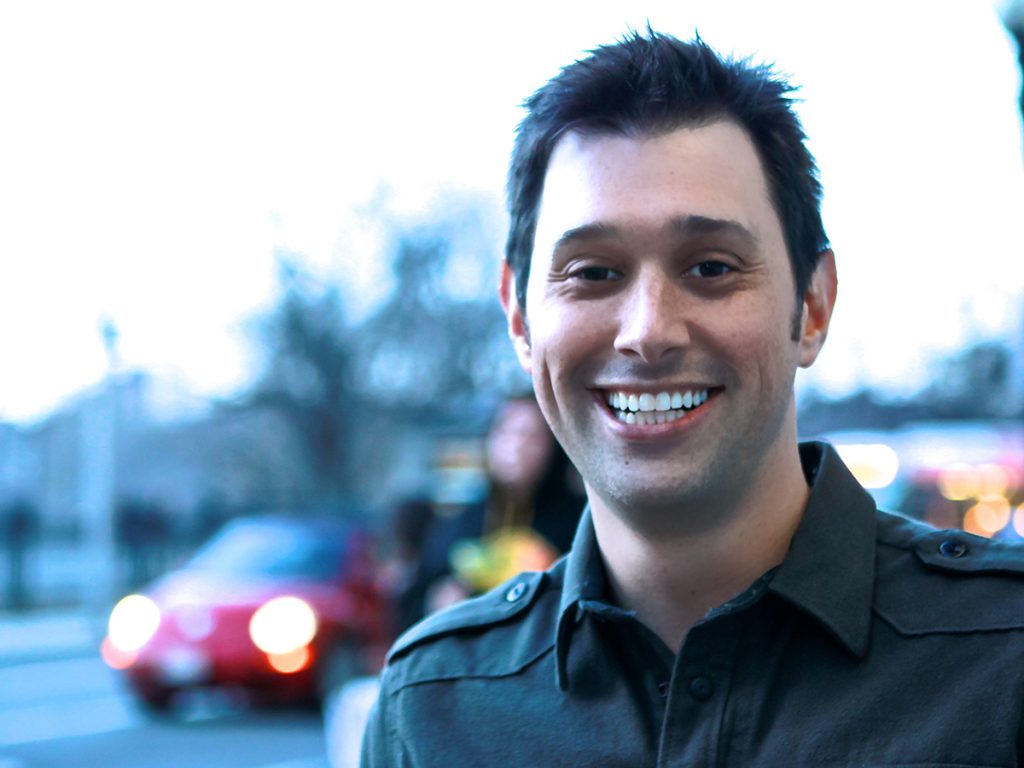Emerson Faculty on 3 Ways Technology Is Controlling Your Life
By David Ertischek ’01
The myriad communication platforms we use in our daily lives, be it for personal or business use, affect us in many ways.
From a personal perspective, for work this reporter uses Twitter, Facebook, Instagram, Slack, Workday, Wrike, texts, phone calls, Zoom, Skype, Emerge, and more than I’m not even thinking about right now.
Whether it’s tweeting, TikToking, or Slacking (is that a thing?) – these platforms control our lives in ways we may not even realize. And they’ve controlled our lives for a very, very long time…

We Find Each Other…For Better or For Worse
We can see how communication technology platforms have affected politics, particularly in recent years. It’s widely believed that President Barack Obama was the first American politician to truly capitalize on social media, particularly with his reelection campaign’s use of Twitter, said David Gerzof Richard, senior affiliated faculty, Communication Studies. And believe it or not, politically speaking, there was a time that people thought Democrats owned social media. But former President Donald Trump disproved that misconception by wielding Twitter to galvanize his voter base, said Richard.
“The thing about media is there’s always the latest and greatest. Right now, Clubhouse is on the rise,” said Richard. “A lot of the world was introduced to Parler around the time of the insurgency with the Capitol. Those are just two of the latest platforms people might spend time on connecting to other humans.”
Richard added the recent popular technology platforms have shown the good, the bad, and the ugly side of humanity.
“You can find and connect with like-minded people who are not in your geo locations or timelines. Someone who’s passionate about piano concerts who is 12 years old can connect with someone in Russia who’s been passionate for the last 80 years,” said Richard.
“That’s what new — the reach. The ability to find and connect. …These platforms allow us to search and find each other, and share ideas. We saw the worst of that at the Capitol on January 6. We’ve also seen the best of it — inventions, and families connecting with people they didn’t know they were even families connecting.”
We Work. And Work. And Work.

It was only several decades ago that usability specialists began to evaluate technology products to determine their usefulness.
“We’re in an era of people, especially at work, of using many different systems, and that’s going to take a cognitive load because you’re switching from one to the other,” said Linda Gallant, associate professor and graduate program director, with a background in user experience design.
Gallant said research determined that technologies are adapted in the workplace to suit needs, even if it is difficult and you don’t fully trust the technology. If it helps to get the job done, it’s going to be used.
Gallant pointed out that more training is required for a system like eCommon, compared to a site such as Amazon, because usability and information design are more important to the latter.
“You have to use [sites like eCommon] to do your job. You don’t have a choice. I’m not saying it’s a bad thing. But you need more training because it’s not intuitive,” said Gallant.
We’re the Product

The mental effect of technology can also be seen in the trust we put into those technologies.
“The way the Internet works is there is no privacy, even from broadband providers,” said Russell Newman, associate professor of digital media and culture. “Those were eliminated by Congress in 2017. You have zero privacy from AT&T to sell data about you at all times.”
Newman’s 2019 book The Paradoxes of Network Neutralities examines how the Federal Communications Commission (FCC) codified network neutrality in 2015 by approving a set of Internet rules prohibiting internet providers from favoring certain content and applications over others and allowing that content to be accessed faster and easier. But those rules were thrown out the window by the FCC in 2017 after Trump appointees became the majority on the FCC.
Not having net neutrality affects modern society in numerous ways. How many people are going to wait around for a website to load and not surf over to another website? Fewer people will traffic the purposefully slowed down sites, and instead opt for the site being pushed.
“With Facebook, Slack, or all these mechanisms – the overriding business plan is not necessarily suppling their service. It’s about generation of data of users to sell metadata to others – advertisers and now the government,” said Newman.
Newman cited a U.S. Supreme Court (Riley v. California) decision that the government needs a warrant to obtain digital content from a cell phone during an arrest. But the government and law enforcement agencies can just go to data brokers and advertisers to buy data to see where people are located, and other data purely based upon their cell phone use.
That data could also be used by a health care company to determine individuals’ premiums, direct company advertisements, and more.
“Sometimes the skeleton in your closet might just be a fitness app that you’re using to track your weight. That info is sold to advertisers,” said Newman. “There’s a reason why Google is looking to get into health.”
These platforms may be helpful and handy, and perform a service like Slack, which keeps work teams communicating well with each other.
“What we need to remember is the entire environment is for maximum exposure of us to have data about us sold to advertisers, marketers, or anyone else who is interested,” said Newman.
Categories